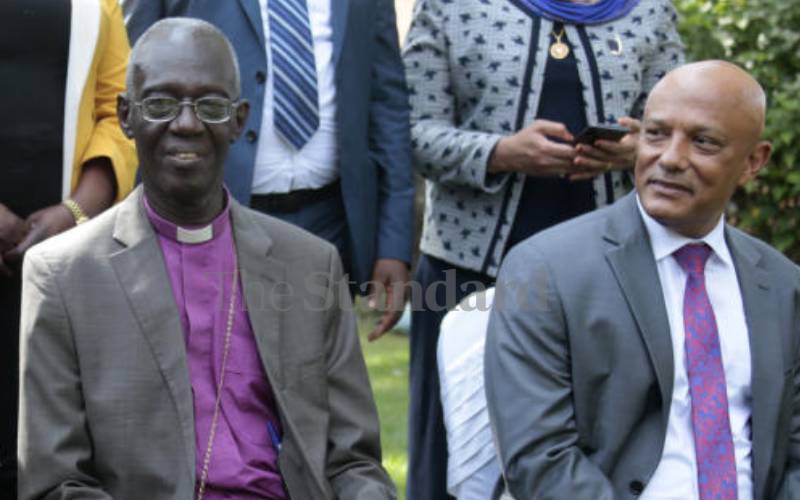×
The Standard e-Paper
Stay Informed, Even Offline

A Ministry of Education employee sitting in Jogoo House hatches a clever plan to embezzle money from taxpayers.
With a single stroke of a pen, he invents a school out of thin air and includes it in the final list of a funds distribution schedule.







